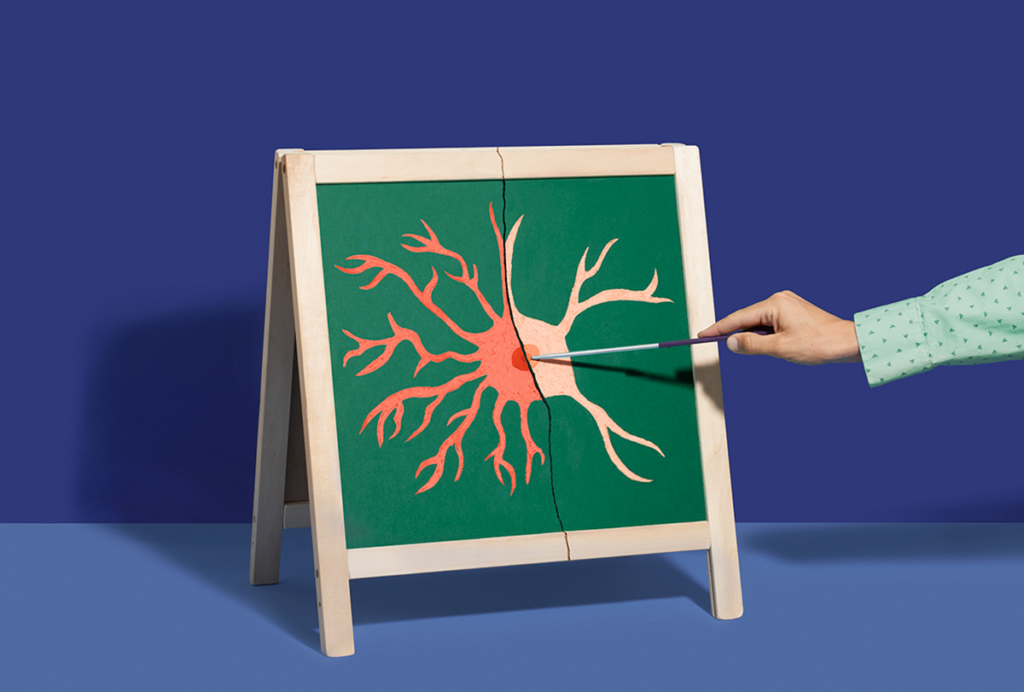Mengxin Li is a New York based illustrator and motion graphic designer originally from China. She graduated from Savannah College of Art and Design in 2017 with a MFA degree in Illustration. Mengxin enjoys creating conceptual illustration with a sense of humor, she also agrees that motion graphic techniques could bring out a lot of potential for visual storytelling.
Mengxin Li
Animator, illustrator
From this contributor
How autism’s definition has changed over time
Don’t judge this book by its decidedly dull cover: Across its pages, some of the most dramatic changes in the history of autism have played out. This short animation chronicles how a diagnostic manual has defined and redefined autism over the years.
How autism’s definition has changed over time
Explore more from The Transmitter
INSAR takes ‘intentional break’ from annual summer webinar series
The International Society for Autism Research cited a need to “thoughtfully reimagine” its popular online program before resuming it in 2026.

INSAR takes ‘intentional break’ from annual summer webinar series
The International Society for Autism Research cited a need to “thoughtfully reimagine” its popular online program before resuming it in 2026.
Null and Noteworthy: Neurons tracking sequences don’t fire in order
Instead, neurons encode the position of sequential items in working memory based on when they fire during ongoing brain wave oscillations—a finding that challenges a long-standing theory.

Null and Noteworthy: Neurons tracking sequences don’t fire in order
Instead, neurons encode the position of sequential items in working memory based on when they fire during ongoing brain wave oscillations—a finding that challenges a long-standing theory.
How to teach this paper: ‘Neurotoxic reactive astrocytes are induced by activated microglia,’ by Liddelow et al. (2017)
Shane Liddelow and his collaborators identified the factors that transform astrocytes from their helpful to harmful form. Their work is a great choice if you want to teach students about glial cell types, cell culture, gene expression or protein measurement.

How to teach this paper: ‘Neurotoxic reactive astrocytes are induced by activated microglia,’ by Liddelow et al. (2017)
Shane Liddelow and his collaborators identified the factors that transform astrocytes from their helpful to harmful form. Their work is a great choice if you want to teach students about glial cell types, cell culture, gene expression or protein measurement.